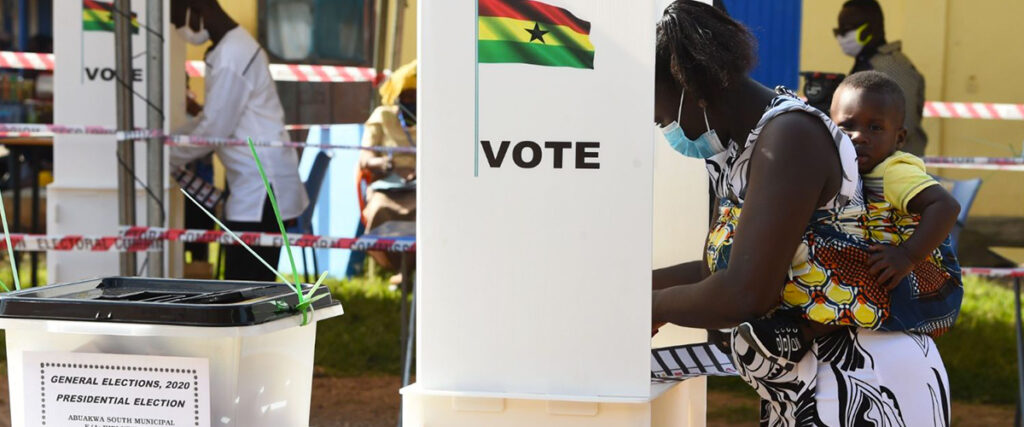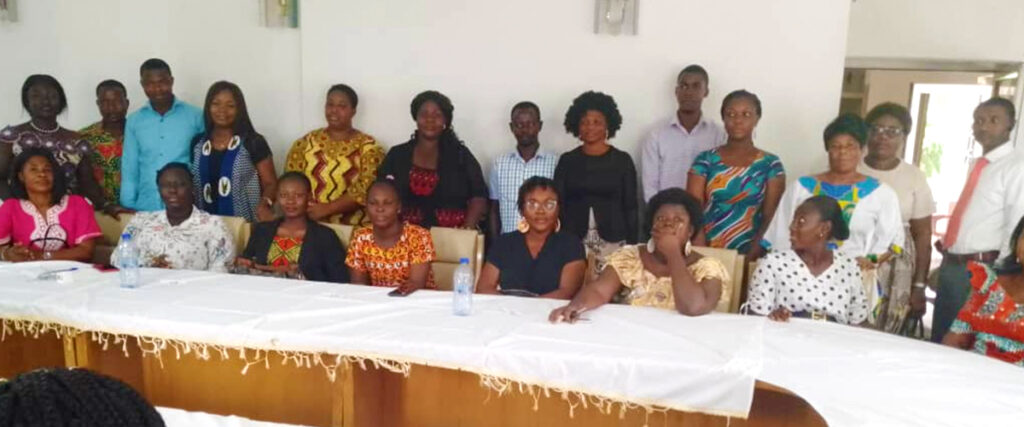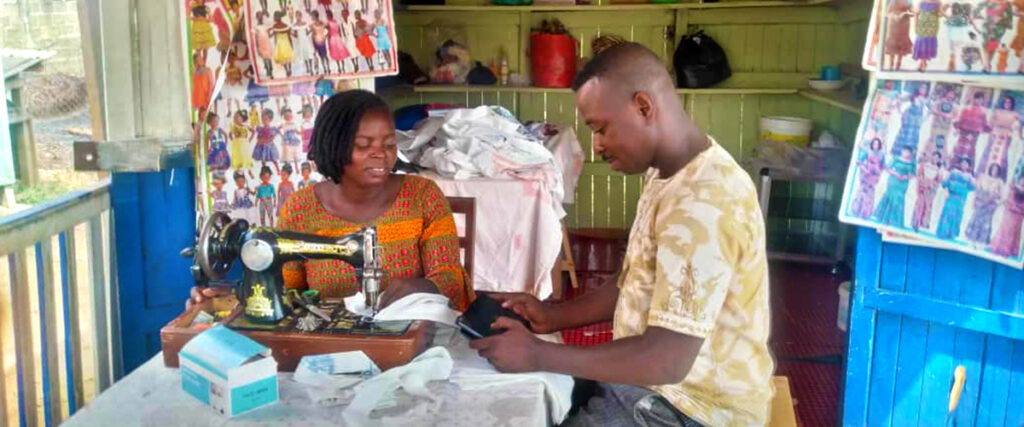Will Cameras Change Behaviours in Africa? The Case of CCTV Cameras on Streets in Ghana
In our upcoming research, AIDRE will collaborate with some researchers from the Economics Department, and with support from the International Growth Centre (IGC) to investigate whether CCTV Cameras on Streets in Ghana change behaviour. A summary of the proposed research project is provided below: The use of Closed-Circuit Television (CCTV) surveillance has become an important tool for crime prevention and clearance in most countries, particularly in developed countries. African countries are behind in this regard; however, there is a rapid expansion of CCTV surveillance technology in most African countries including Ghana in recent times. With huge financial investment being made in this technology by African countries, can CCTV cameras reduce crime and increase case clearance as has been found in the developed world? In addition, what are citizens’ knowledge, perceptions, and behaviours toward this new technology? Though the empirical literature on CCTV cameras and crimes is growing, to the best of our knowledge there is a dearth of studies on these in Africa and for that matter Ghana. We use criminal and conviction data from the Ghana Police Service and employ the controlled interrupted time series estimation technique to estimate the effect of CCTV cameras on crimes, arrests, and convictions/clearance in Ghana. In addition, we use survey data to identify citizens’ knowledge, perceptions, and behavioural responses to this new technology. Theoretically, we expect the installation of CCTV cameras to reduce crime and increase arrests and convictions/clearance as these devices increase the probability of an offender being caught and punished. Also, we expect Ghanaians to be knowledgeable about these CCTV cameras, have good perceptions, and have a lower probability of committing crimes. May 31, 2023
Will Cameras Change Behaviours in Africa? The Case of CCTV Cameras on Streets in Ghana Read More »




